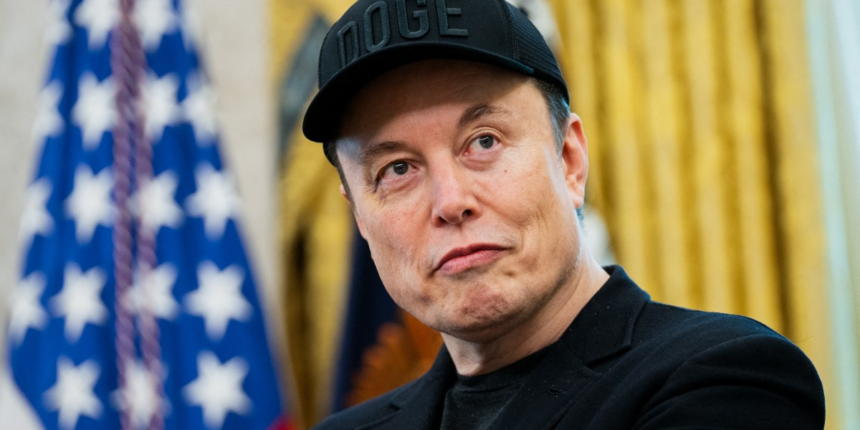With the update, Grok is now a button on the Tesla in-car display’s homescreen. Users can ask it questions or give it tasks to perform, just like they would with any other LLM, be it OpenAI’s ChatGPT or Google’s Gemini. For now, Grok cannot control any vehicle functions like windows or AC, but it’s not hard to imagine users coming up with plenty of handy uses for an in-car LLM, from responding to an email to summarizing a book.
But it’s important to think about what data sharing may occur now that Grok is installed in Tesla vehicles. In disclosures, Tesla says that driver conversations with Grok will be “securely processed by xAI” in line with xAI’s privacy policy, noting that conversations will be anonymized and not linked to individual vehicles. A look at xAI’s privacy policy says the company collects personal information, user content, social media information, and other data points for its service and that it will share data with contracted service providers, its “related companies,” and to third-parties customers choose to share information with. But what exact data will xAI get access to when Grok is used in vehicles? Elon Musk has suggested a “wake-word” will be added, but will that limit which snippets of conversation it captures, or does it listen to everything said in the car once it’s been activated via the homescreen?
Tesla and xAI did not respond to requests for comment.
“This is part of a larger trend we see within the automotive industry,” says Albert Cahn, executive director of the Surveillance Technology Oversight Project, a public interest, advocacy, and legal services organization focused on how technology can be used to target individuals. “Cars have been transformed from this emblem of independence on the open road to the most heavily monitored parts of our lives. There is a huge amount of risk that the data that is collected in the privacy of our own cars will be used against us, whether by law enforcement or immigration officials or simply being monetized without our consent.”
Particularly as vehicles are installed with more cameras and sensors for self-driving capabilities, more and more data points are being collected from drivers, Cahn says. “These companies are quick to claim that our data is being anonymized, but it’s really hard to actually anonymize this sort of information in a way where it can’t be re-identified,” he says.
Every new technology comes with privacy trade-offs, of course. The GPS that gives you directions also leaves digital footprints that reveal your wanderings and whereabouts. As the person behind some of today’s most popular tech products—from EV, self-driving tech, and LLMs to social media and Starlink internet satellites—Musk appears increasingly intent on fusing and intermingling the various components of his business empire to give consumers something new and unique. It will be up to consumers to decide if the trade-offs are worth it.









